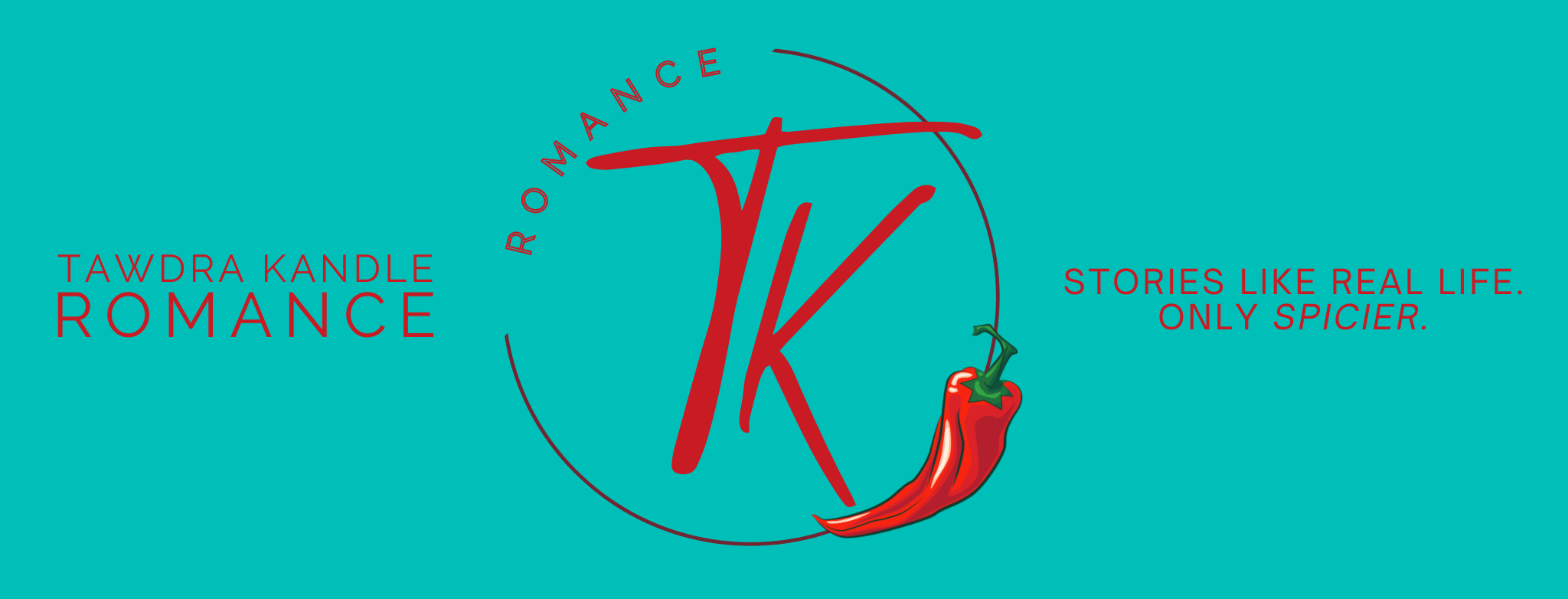I ended last week’s This Author’s Life #Thursday with this question:
So how does that increased sexual assurance translate into a twenty-first century feminism and female and empowerment?
And now it’s time to talk about it.
I’ve been a feminist all of my life, though that ideology has taken a variety of forms, and some purists might argue that I’ve deviated from the path now and then. However, in the strictest sense of the word–that feminism is all about advocating for and believing in the rights and abilities of women–I’ve always been a feminist. I believe women have the ability to do whatever they desire.
However, while I know that women and men should be treated equally, it doesn’t necessarily mean the same. While I know that I can hold a job, lead a government or fight in a battle, I still want to have doors held for me. I still want a man to treat me like a lady, and I am more than happy to treat him like a gentleman. Equality does not negate gender roles.
In 2015, we pay nice lip service to equality. There is a still a gender gap in wages, and there still exists some sense that women cannot be responsible or strong as men. We’ve passed laws to make changes, but laws don’t change hearts and minds.
Women who are strong and take charge are still thought as bitchy, while men who do the same are admired.
Women whose comfort with their sexuality might lead to multiple partners are considered sluts, while men who sleep with multiple women are called studs.
Let’s stop and consider this: if we persist in this way of thinking, we are not only slowing the evolution of women’s rights, we are in effect creating a class of women who can never be anything but so-called sluts. If we allow that men having multiple sex partners is okay–but the same is not true for women–there must be a group of women having sex with the studs whom society will shame and deride.
Do you see the level of unfairness here?
How does this, any of this, relate to books and writing? Well, I believe strongly that how we depict people in fiction has an enormous impact on how we view and related to them in real life. So when we only create characters who make ‘good’ sexual choices and reward them accordingly within the story, we’re saying that’s what we expect of girls outside literature. When we choose to punish characters who make what society might consider questionable sexual choices–through consequence or simply by portraying them as less than desirable–we’re saying that women can only expect those same results in real life.
Let’s take the book I’ve been talking about all week, Sarina Bowen’s The Shameless Hour. If you haven’t read it and you don’t want to be spoiled, please stop now. I can’t delve into this topic without talking about specifics.
We all good? Spoilers are okay?
Bella is a character who, it is clear from the beginning, has made sexual choices that are very different from those we usually see in our heroines. Bella likes sex. She has a lot of it. She’s friendly and tactile with her friends on the hockey team, and she’s mistrusted and not liked by other girls. Bella doesn’t have girl friends.
When she meets Rafe, he’s just been dumped by his girlfriend on the night they were slated to have sex for the first time, both of them virgins. Bella comforts Rafe, and then, as it’s second nature to her, she has sex with him, not knowing that this is his first experience.
Rafe’s guilt for sleeping with a girl he doesn’t know well and for indulging in what he sees as casual sex makes him leave in the middle of the night and avoid Bella for weeks. Bella, for her part, feels the rebuff as judgment on Rafe’s part. It hurts, even though she doesn’t regret her actions.
She does end up regretting a night with a football player not long thereafter, because the jerk gives her chlamydia. When she goes to tell him, so that he can be treated, too, he drugs her drink and with his frat brothers, writes horrible and derisive words on her body, takes pictures and puts them up on a website.
Now Bella is broken. She’s alone, devastated that this could happen to her. Rafe comes to her aid, and over the course of the next months, he helps her to recover both mentally and emotionally, with the help of a new friend–Bella’s first female pal.
What’s different about this book is that we are on the side of the shamed female. We’re not seeing this story through the eyes of the hockey player’s girlfriend, the ‘good’ girl who hates the slutty team manager. We see Bella as a real, whole person, not a caricature. And Rafe, in all his undoubted masculinity, is this time in the role we so often see saved for girls: he wants sex to mean something. He wants a relationship with Bella, not just casual fun. He’s willing to wait and deny himself in order to have that. It’s a nice change to see a man portrayed with such feeling.
Bella is a strong, powerful character. Part of that strength is her sexuality and her comfort with it. I feel that Joss in Undeniable is the same, and even Meghan from The Last One. I’m happy that we’re seeing more of these women populating our books.
Until we’re ready to accept strong sexualized females in our favorite stories, we won’t be able to accept them in our society.
And now I’m climbing off my soap box. Next week we’ll talk about something far more frivolous and not at all weighty. I promise.
